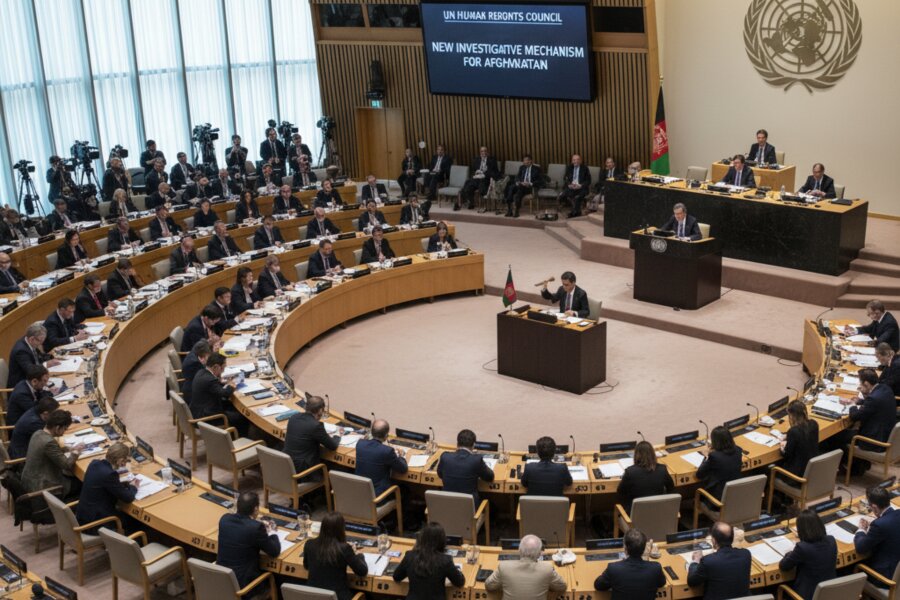The UN Human Rights Council concluded its 60th regular session with the landmark decision to establish a new independent investigative mechanism for Afghanistan. The resolution, adopted by consensus, creates a body with a mandate to collect, consolidate, preserve, and analyze evidence of gross violations of international human rights law and other international crimes committed in the country. The mechanism is tasked with preparing case files to support future fair and independent criminal proceedings in national, regional, or international courts.
The establishment of this body is a significant victory for Afghan civil society and international human rights organizations, who have been advocating for a robust accountability mechanism for over four years. It comes in response to the catastrophic deterioration of the human rights situation since the Taliban's takeover in August 2021, which has been marked by the systematic persecution of women and girls, targeted attacks on ethnic and religious minorities like the Hazara, and a complete collapse of the rule of law. The new mechanism is modeled on similar bodies created for Syria and Myanmar and represents a crucial step toward breaking the cycle of impunity that has plagued Afghanistan for decades. Its mandate is not limited to crimes committed since 2021 but extends to past atrocities, allowing it to build a comprehensive repository of evidence for future prosecutions. The resolution sends a clear message to the Taliban and other parties to the conflict that their actions are being documented and that the international community intends to pursue accountability, even if the path to justice is long and complex.
Source: International Bar Association



